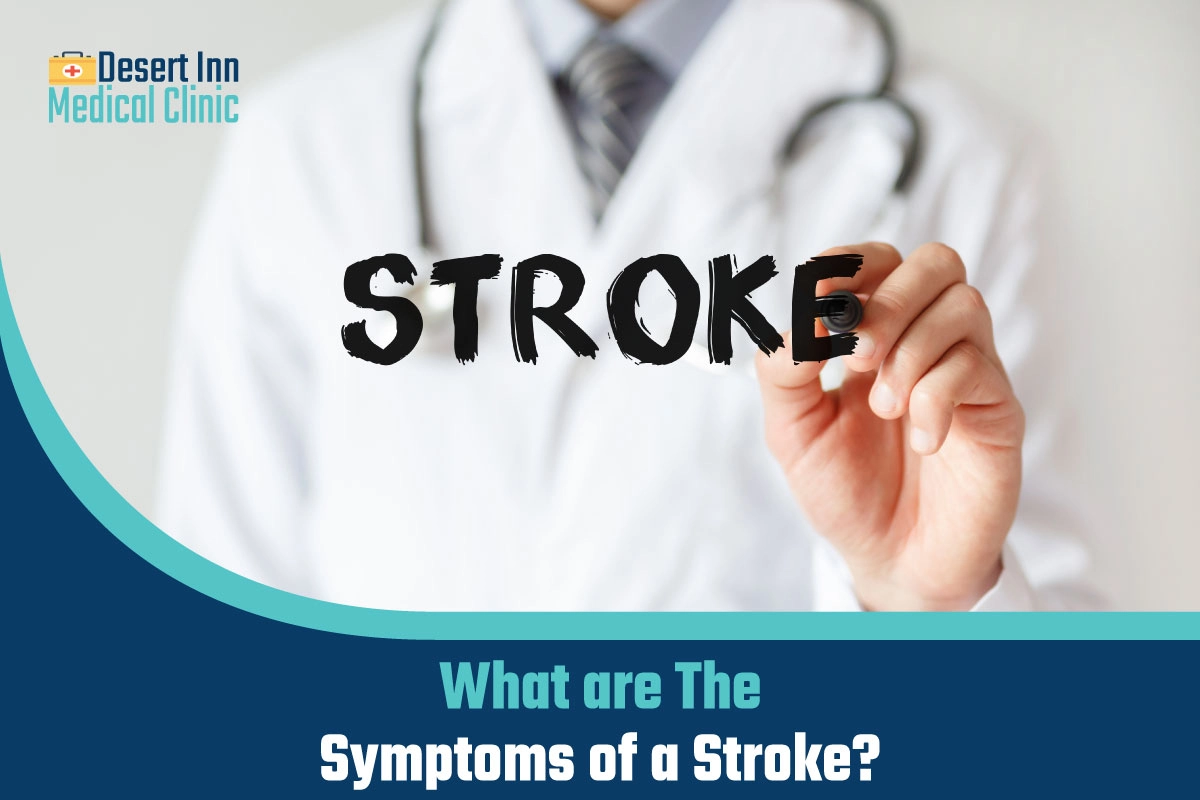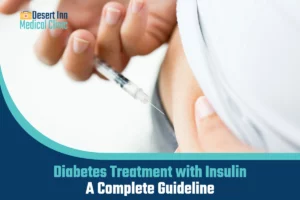Stroke occurs when blood flow to part of the brain is interrupted or reduced, leading to sometimes irreversible damage to brain tissue. Stroke represents an absolute medical emergency because solutions can limit the after-effects if treatment is very rapid.
It is, therefore, essential to quickly recognize the signs of a stroke to minimize brain damage by alerting the emergency services as soon as possible. Our general practitioners review the common symptoms of a stroke and give you the keys to react immediately to the first signs.
Table of Contents
What is a stroke?
Stroke can leave permanent after-effects. Knowing how to identify the symptoms of a stroke can save lives. These warning signs can vary depending on the type of stroke and the area of the brain affected, but also depending on the age, gender, or general health of the affected person.
It is, therefore, very important to alert emergency services as quickly as possible in the event of a suspected stroke to reduce the risk of irreversible damage.
What are The Symptoms of Stroke?
Common Symptoms
Common symptoms of a stroke include:
- sudden weakness of the muscles of the face (part or all), arm or leg;
- speech problems, lack of words;
- difficulty understanding the person you are speaking with;
- vision problems, double vision, loss of sight in one eye;
- sudden dizziness;
- a loss of balance.
These symptoms of a stroke are the most common. However, other signs may also appear. It is also necessary to appeal and trust the judgment of an outside person who may be worried about the person having a stroke because there is very often anosognosia in patients having a stroke: this is a neurological disorder that makes a person suffering from one of these symptoms, although sometimes obvious, incapable of realizing it.
Symptoms of a Stroke in Women
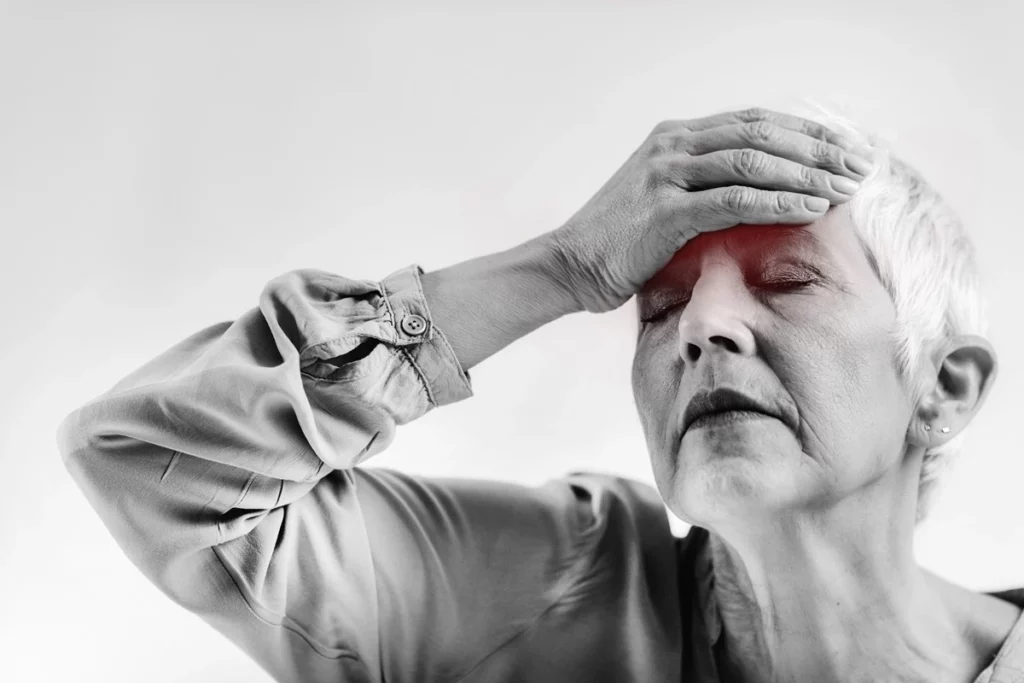
Women may also experience other symptoms, such as:
- nausea ;
- increased confusion;
- Intense, unexplainable pain or discomfort.
Symptoms of a Stroke in Men
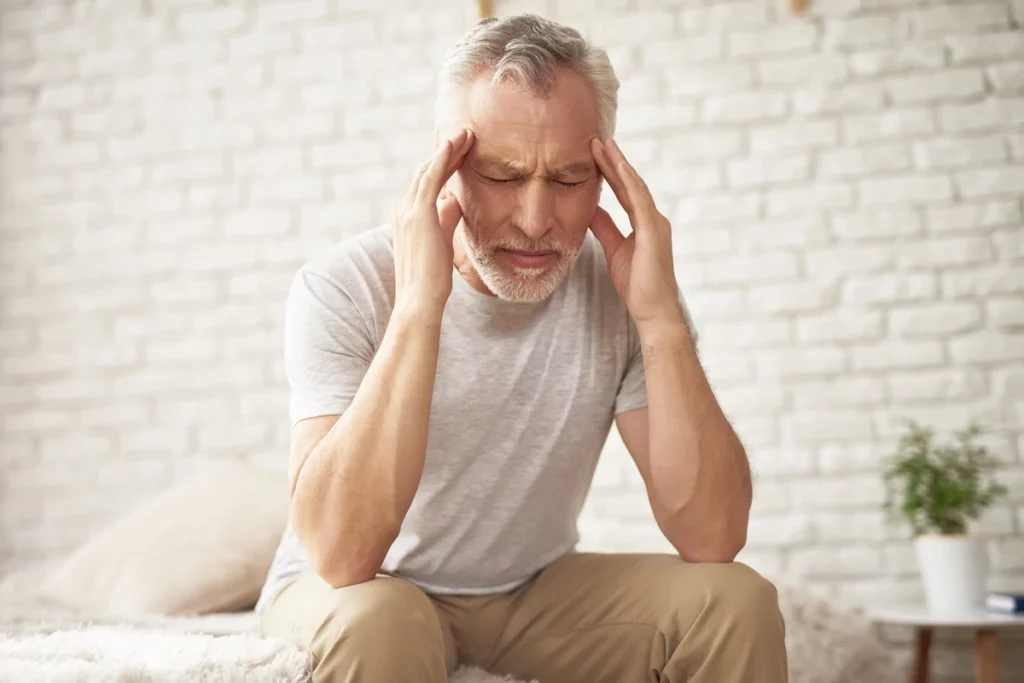
Here are common signs of a stroke in men:
- Sudden numbness or weakness;
- Confusion or trouble speaking;
- Trouble seeing in one or both eyes;
- Severe headache;
- Dizziness or loss of balance.
Symptoms of a Stroke in Young Adults
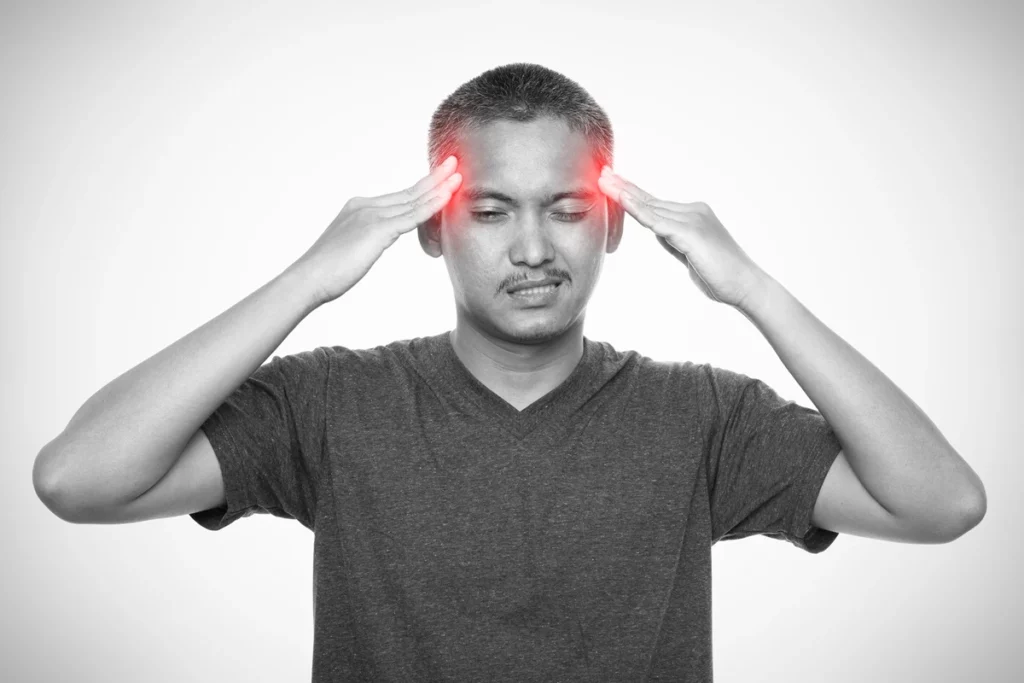
Although less common, strokes can also affect young adults and manifest with specific symptoms:
- severe headaches ;
- vision problems;
- Balance problems.
How to React in The Event of a Stroke?
When someone experiences symptoms of a stroke, it is vital to act quickly to get prompt medical assistance. Here are the steps to follow:
Call emergency help: As soon as you notice symptoms of a stroke in someone, immediately call the emergency services or the emergency number in your country, such as 15 or 112 in France. The sooner you act, the better the chances of reducing brain damage. A stroke must be treated within the first 3 hours to try to limit the after-effects, which can remain for life.
Do not leave the person alone: stay with the person and make sure they are safe. If she loses consciousness or falls, try to place her in a comfortable position by supporting her.
Remember the time symptoms started: Try to remember and write down the time the symptoms started. This can be crucial for healthcare professionals to determine the appropriate treatment.
Do not give medicine or drink: Avoid giving any substance to the person, as this could complicate the medical diagnosis.
Recognize other signs: In addition to common symptoms such as weakness, slurred speech, and dizziness, watch for other signs such as loss of feeling, confusion or difficulty understanding, vision problems, or severe headaches.
Stay calm and reassuring: Stay calm to help the person stay relaxed. It can also help reduce stress, which is important for recovery. When speaking to Center 15, speak calmly and clearly, giving details and listing the victim’s health problems and usual medications.
Do not move the person unless necessary: moving a person with a stroke could worsen the damage.
Follow the instructions of healthcare professionals: by telephone or after their arrival, follow the instructions of the rescue teams. They will assess the situation and take the necessary steps to provide appropriate care.
Remember that every minute counts when it comes to a stroke. A quick response can make a big difference to the survival and recovery of the affected person.
What Noble Health Clinic Can Do for You?
Are you experiencing symptoms or want to speak to a specialist for medical advice? With Noble Health Clinic, you obtain a medical diagnosis in just a few minutes, 7 days a week, as well as an electronic prescription valid in the pharmacy.

